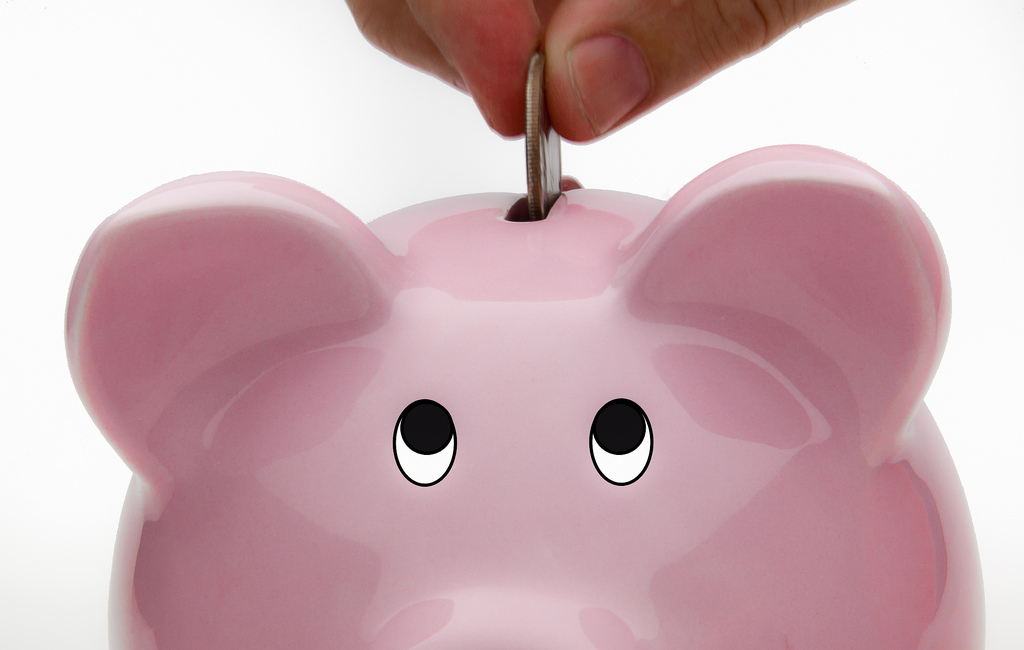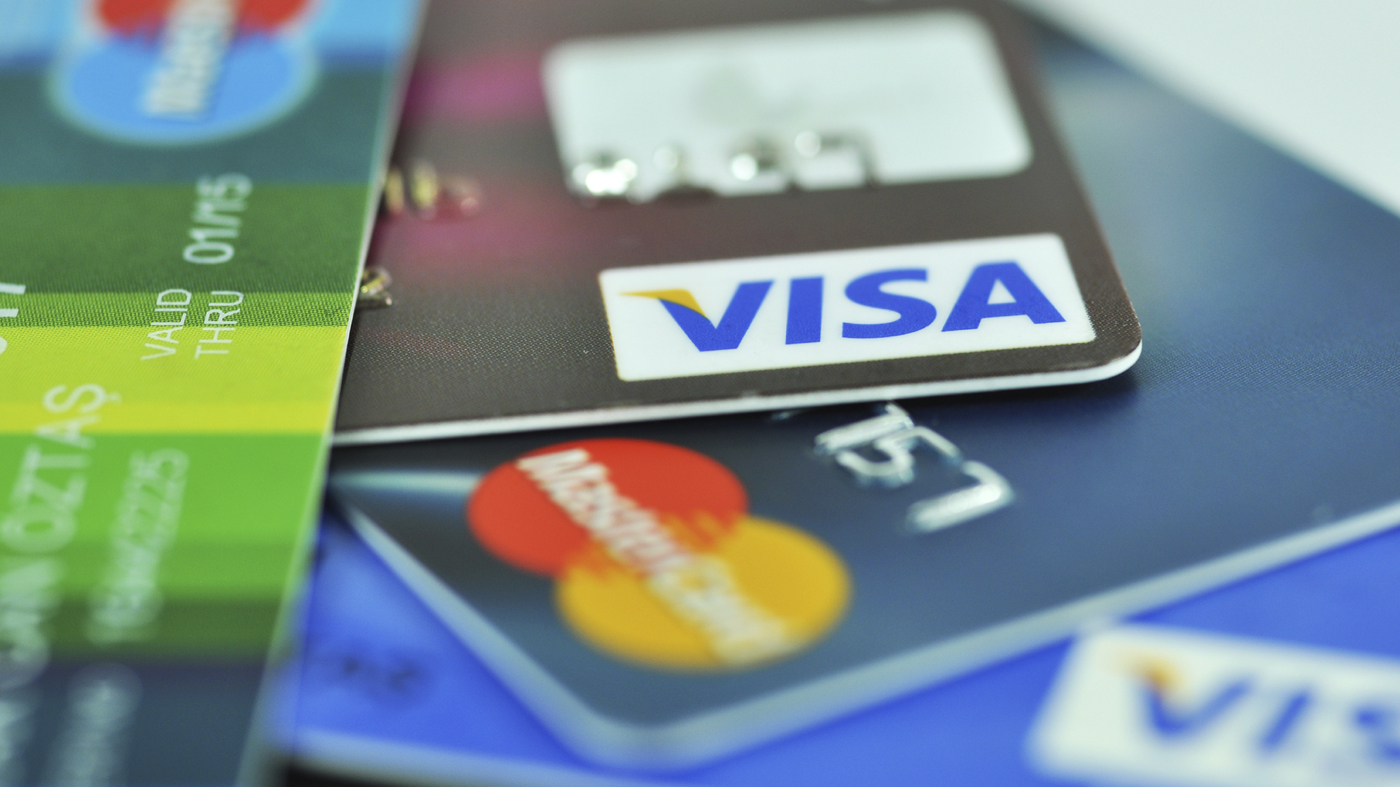Should you focus your pre-retirement efforts on investing or paying off debt? Or both?
The dilemma of paying down debt with excess cash or using that money to build wealth for retirement can be a conundrum, especially if you have a significant amount of debt to pay off.
If you pay off too much debt, you may not have enough assets to retire, but if you’re too aggressive with your investments, you risk losing everything while still being swamped under a pile of bills.
In order to determine which strategy is the best, you have to look at your options and consider the different types of debt, how they affect savings, your investment strategy, risk tolerance and overall cash flow.
Here’s what to know…

Types of Debt
It’s one thing to have some money left on a line of credit, and it’s another thing to have an entire car or house to pay off. Different types of debt impact what you can do with your money before retirement.
There are essentially 3 different types of debt:
- High-Interest – This includes things like credit cards or loans where the interest rates are relatively high (generally speaking, above 10%)
- Low-Interest – This can be any low-interest loans (like a car or personal loan) or any other line of credit with a rate below 10%
- Tax-Deductible – This includes things like mortgages, student loans, business loans, investment loans, or anything else where interest is returned in the form of a tax deduction
There is often a debate about which type of debt to pay down first, with some financial advisors suggesting paying down high-interest debt first while others suggest starting with small balance debt instead.
Ultimately, high-interest debt is more likely to harm your cash flow the most in retirement, so it’s best to focus effort on paying it off while you can. That doesn’t mean you can’t invest while paying off debt, but high-interest debt is likely to snowball if not taken care of before you hang up your hat.
If your credit score is a concern, you might consider tackling credit card debt first by paying off small balance cards first and going from there.

Cash Savings
Some financial advisors recommend having a cash cushion of at least six months’ worth of savings in case of an emergency. These savings will help you weather rough times so that you won’t have to stop investing into your retirement savings should you face an unexpected event.
For some, having a cash cushion might not be possible. You will have to consider a few factors to determine whether or not you are able to save, pay off debt, or invest, such as:
- Current income – Do you actually have money that you can save and invest?
- Minimum payments on debt – What is the minimum monthly payment for your debt and can you meet that payment? Do you want to pay down that debt faster or are you okay with the timeframe?
- Debt repayment time frame – How long are you expected to pay off debt? Will your payment plan be up before retirement or will it continue on afterward?
- Savings strategy – Assuming you don’t need your cash cushion for disaster prevention, what will you do with the savings you’ve accumulated after retirement? Will you live off of it or reinvest it?
If your current plan (with minimum monthly payments) has your debt paid down before retirement, for example, you could divert extra cash into saving or investing, but if it will go into retirement, you might consider paying off more of that debt first.
You should also consider how aggressive you want to be in your investments before and after you retire. If your investment strategy is high risk, high return, there’s a higher chance that you might lose money on a bad investment.
Can your current debt-reduction strategy handle a loss? Do you have a cash cushion in place already if something goes wrong? You might consider focusing effort on paying down debt and putting money towards savings (or a 401k) in case of a loss.
If you have a more diversified approach and your income is relatively steady and debt timeframe is relatively manageable, you might consider investing while paying down debt.

Post-retirement Debt and Savings
You will also have to consider your after-retirement plan to determine whether or not you should focus on savings, debt-reduction, or investing (or all three).
Will your portfolio generate an income after you’ve retired or will you be stuck with what you’ve already saved? If you know that you will have some cash coming in from your portfolio after retirement, you might consider spending your pre-retirement years focusing on investing or building up savings and paying down debt as you go.
But if you’re stuck with what income or savings you have once you’re ready to retire, you might not want to carry the extra burdens of debt with you after retirement. Dealing with credit cards and other high-interest loans may be a damper on your otherwise enjoyable golden years.
You should also consider the emotional burden of debt in your later years. Paying off debt can free you from financial obligations to other people and ultimately make you happier, but if achieving debt-free status before you retire reduces your happiness now, you may consider creating a more balanced approach.
Your main goal should be financial independence, both before and during retirement, which may mean doing a bit of saving, investing, and debt-reduction before retirement and focusing on generating more income in retirement in case you don’t meet your goals.
Consider developing a pre-retirement strategy that puts extra income into all three categories and adjust the percentages based on whatever makes you the most comfortable. Remember that you can always change your plan if circumstances or goals change down the line.
Final Thoughts
Keep in mind that the answer to the question, “Should I pay down debt or invest?” will never be one-size-fits-all. Your income, goals, and strategies are unique to you and your situation, so trust your instincts.
Keep in mind that you can also make different lifestyle adjustments before retirement in order to meet your goals. For example, if you know you don’t want to be paying off your car loan when you retire, consider downsizing.
Ultimately, the choice is yours. Consider the financial and emotional impact of investing, savings, and debt reduction and create a plan that will give you the best life possible.








